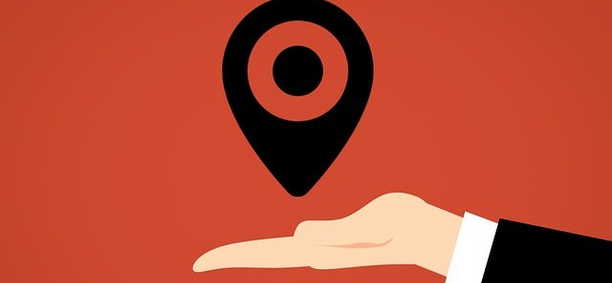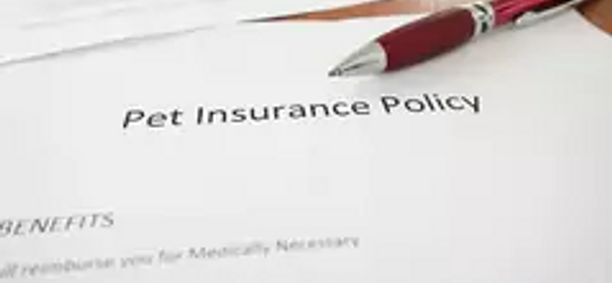How do Insurance companies work in the USA?
Insurance is a contract that is subtly a business arrangement between the insurer and policyholder. Most policyholders purchase their insurance policies via an intermediary insurance agent. In this contract, the insurer promises the insured coverage for the expenses they might incur from damage and losses of assets. In return, the insured will be required to pay a specific amount of money called a premium monthly and yearly, regularly for an insurance policy that covers assets, such as travel, health, home, valuables.
"How do insurance companies make money?" is one of the most critical questions a soon-to-be policyholder usually asks before purchasing the coverage they offer to know how secure they will be when they request a claim for the insured damages. As surprising as it may seem, they make a profit at the expense of every policyholder, irrespective of the number of insurance agents in between them and the policyholders.
No insurance company can survive primarily by this transaction contract between themselves and their policyholders without going bankrupt. Hence, there are basically two ways an insurance company earns more revenue than they pay out to the insured. They include underwriting revenues and investing incomes.
Underwriting revenues
result from the deduction of the money they pay out & for operation from the money they collected. The underwriting process of an insurer is stringently made to place them on the most favoured side of the contract.
In this process, insurers do use their premium formula that considers factors like age, location, gender and annual income to determine a policyholder's premium with the objective of gaining the maximum advantage. If they notice an underlying high risk, they will either increase the policyholder's premium or refuse to offer them the policy and vice-versa.
They also make money by investing incomes in which the insurer uses their policyholders' monthly premiums to invest in the financial market for the increment of their revenues.
Why people apply for insurance
The advantage of acquiring financial protection by applying for an insurance policy should there be any loss or damage to life and properties is the primary reason people seek insurance coverage.
When you have decided on the type of insurance coverage or policy to purchase, you will need to shop for an insurance policy that fits your requirements, which usually results from comparing and contrasting multiple insurance quotes from different insurance companies for the coverage you wish to purchase. Not sure which Insurance fits you? Learn more about Insurance in our Insurance guide
The more insurance quotes you analyze from different insurance companies will simultaneously mitigate any possible risk. It will provide you with a knowledgeable platform that will make you know if you are getting the best value from your insurance company for your insurance policy.
For instance, if you need an auto insurance policy, you will have to get at least three different insurance quotes from different companies to find an insurer that will offer you nothing but the best value for your insurance policy.
Type of insurance companies
There are several types of insurance companies that differ in their mode of risk management. They include:
Standard Lines Insurance Company
Standard insurance companies or carriers are licensed and authorized by the state to sell specific lines of insurance. All their components are filed with the state, such as their premium rates, deductibles and policy forms, primarily because the state insurance department controls them. They are also called admitted or preferred carriers that contribute to the state guarantee funds to financially protect them should they be unable to pay the insured claims.
Furthermore, they offer coverage specific to certain businesses rather than every business that qualifies for their eligibility requirements. The businesses that are qualified for a standard line insurance coverage are those with very few claims and businesses that do not deviate from their standard insurance coverage.
Excess & Surplus Lines Insurance Company
Excess line insurance company is a type of insurance company licensed and authorized to sell an insurance policy. They are also called a non admitted carrier, that is more flexible than a standard line insurance carrier because the state insurance department does not regulate them.
Excess & surplus lines of insurance policies are usually detailed insurance industry standard form or manuscript form from the insurance service office to offer coverage for high-risk needs of an insured that a standard line insurance policy does not cover.
Direct Sellers Insurance Company
Direct sellers insurance company is a type of insurance company that sells their insurance policies or coverage directly to their customers without the interference of intermediate insurance agents. Due to the absence of insurance agents as intermediaries, all policyholders will have to consult insurance quotes and purchase policies from the insurers directly.
Captives Insurance Company
A captive insurer is a subsidiary owned and controlled insurance company that insures the risk of a parent company or group of companies unable to find a firm that can protect them from business risks. Captive insurance companies may also offer coverage for some particular kinds of risks, such as fleet insurance.
Domestic Insurance Company
A domestic insurance company, as the name implies, is the type of insurer that is insured and allowed to operate within a specific state.
Aliens Insurance Company
Alien insurers are licensed companies with operations that abide by the law and requirements of another country.
In a nutshell, insurance companies make money by gambling on the risk that the ad hoc damage and losses events their policyholders fear do not occur (except life insurance because death is inevitable). Would you like to know more about insurance companies by reading first hand experiences with them? Check out our website for more information!
























